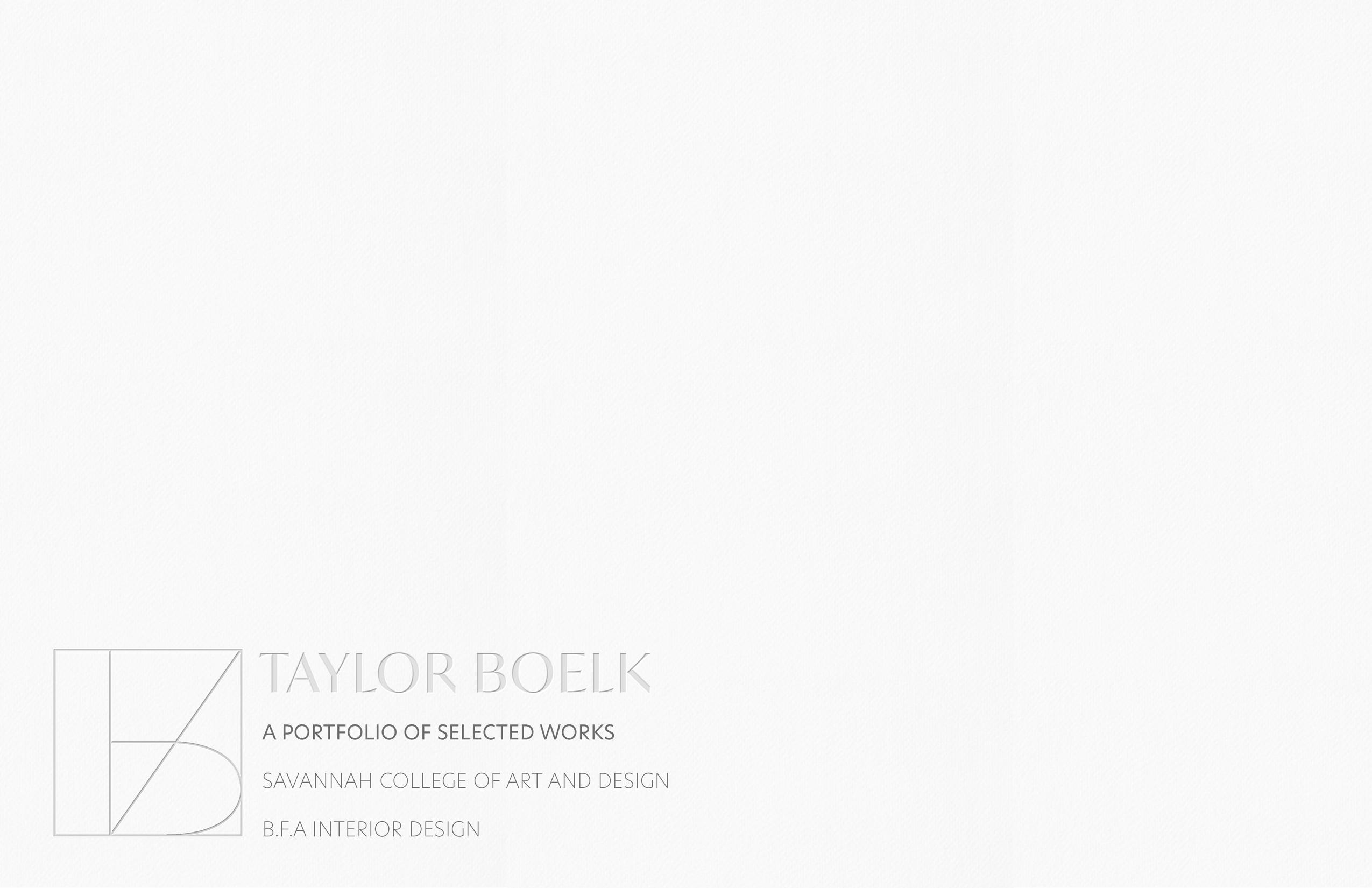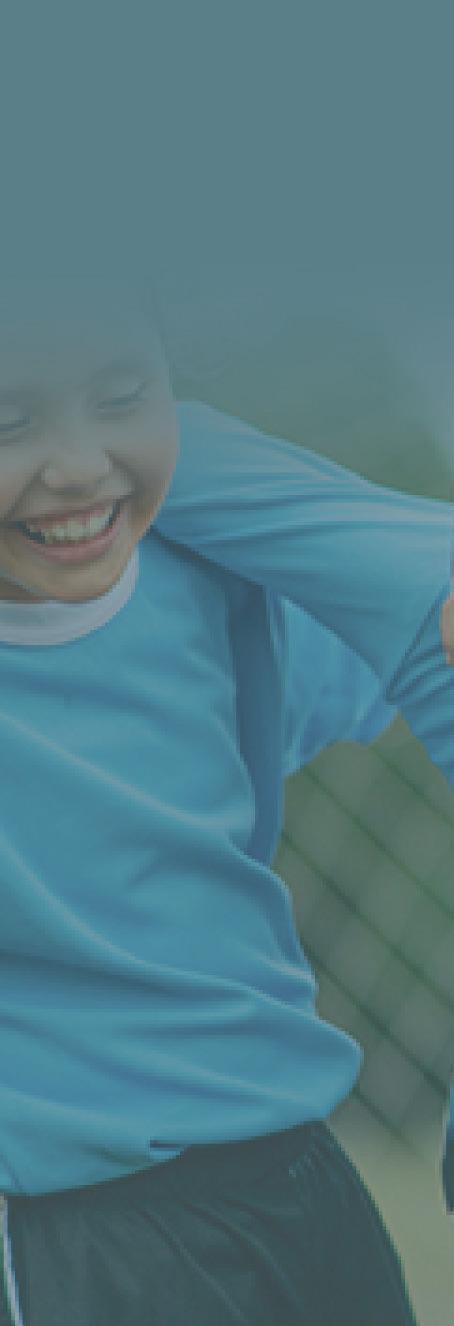









year | 2024 location | Philadelphia, Pennsylvania
client | Every Kid Sports and the Philadelphia Youth Sports Collaborative project type | Commercial working team | Individual square footage | 86,415
completion time | 28 Weeks
software/Materials used | Adobe
InDesign, Revit, Enscape, Adobe Illustrator, Adobe Photoshop
The Res is a sports recreation facility designed for the disadvantaged youth of Philadelphia.
This facility encourages physical activity while providing the necessary resources and ammenities for all kids to experience the benefits of participating in extracurriculars. Along with sports, the users have access to mental health, physical health, and academic services.
ONLY 34% OF DISADVANTAGED YOUTH PARTICIPATE IN EXTRACURRICULAR ACTIVITIES.
compared to the 70% of youth in other families.
Underprivileged youth and foster children struggle with mental, physical, and social health significantly more than their peers, further hindered by their insufficient in-school and extracurricular experiences.
Therefore, the built environment of a sports complex should prioritize the cultivation of a secure and dependable support system that enriches the character skills of underprivileged youth through extracurricular involvement.

63,936
$30,269
PROJECT GOALS:

increase extracurricular engagement .... by providing the necessary amenities and equipment for youth to engage in their preferred activity.
432 W Allegheny is an Industrical Commercial Mixed-Use building, currently occupied by Acelero Learning and Legacy Furniture. This building’s location in Philadelphia is ideal for this project due to its placement in a low-poverty and high drug crime zone. Maximum outreach will be achieved and provide accessibility for youth struggling to find community and safe activity in their current neighborhood.
“WE DON’T DO IT BECAUSE THEY ARE UNDERPRIVILEGED, WE DO IT BECAUSE THEY HAVE THE RIGHT TO PLAY.”
initiate community involvement by creating a space where organizations and programs can work to inspire youth through collaboration.

establish a place of belonging through the generation of comfortable, multi-functional spaces based on the analysis of third place theory.
An estuary is where freshwater meets saltwater, where a river meets the ocean. After travelling along a restricted path for so long, an estuary is a gateway to new possibilities, surroundings, and opportunities. Underprivileged youth are constantly travelling along restricted paths, deprived of the resources they need, deserve, and require to choose a path of their own. Estuary is where opportunity meets accessibility




























Studying the concept of Estuary and what it means lead to the creation of this specific spatial organization. The given massing of the building suggested the dissection of the large floorplan into the different elements that make up an Estuary; the river and the ocean. Recognizing these elements guided the organizational choice to have the entryway be the “river”, and the court space be the ocean”



One of the most significant reasons why youth are getting in trouble in the streets is because they do not have a safe space to hang out with their friends.
Throughougt the design, there are several different lounge spaces for the users to hang out. These lounges provide a variety of seating arrangements and options to allow for personalization and maximum comfort.





Pictured above is the Inspiration Lounge, the initial space that the users will go through upon entering the building. The less saturated colors and calming green colors create a space that grounds the user before entering into the high-energy area. The hallway is filled with lounge seating as well as inspirational stories from peers who have been in similar situations.
Along with extracurriculars, this design also offers mental health, physical health, and job/career services to provide the users with the resources they might not currently have access to, but need to be successful.

The cafeteria/dining is a twostory space connected by a “secret passageway” of ladders. As one of the most high-energy spaces in the design, there are several different seating areas for users to interact with each other between activities.
Shown above is the second level of the cafeteria/dining space. This area is slightly less energized, with more spaces to do homework and relax. Adjacent to the gameroom, there are also lounge seating options for users circulating between the two.
The mural featured on the left wall was done in collaboration with Lexy Selof (B.F.A. Fibers, 2024) and abstracts the city of Philadelphia along with the patterns and colors seen throughout the project.








The stairs are centrally located in between the two main courts, serving as one of the main design elements within the space.
Along with a normal stairway, users can vertically circulate by climbing the rock wall or using the slide. This encourages physical activity while simultaneously creating a fun, playful space.





A unique design feature within the stairs are the locker rooms. Rather than being located in a separate space, the lockers rooms are intentionally placed centrally, underneath the main stairway. In place of the typical communal changing space, there are several individual shower stalls that empty out into a communal sink area. This is to ensure safety and security among the youth.
Locker Rooms


year | 2023
location | Lacoste, France
client | Celebrity Cruises
project type | Hospitality
working team | Individual square footage | 3,914
completion time | 4 Weeks
software used | Revit, Enscape, Adobe Photoshop, Adobe InDesign, Adobe Illustrator
Completed during study abroad in Lacoste, France, this project was designed to provide an daytrip excursion for guests aboard a Celebrity Cruise.
To fully immerse users in the Provence culture, this excursion draws inspiration from the intentionality behind dinner time in Europe, specifically the importance of spending time with family over good food and music.


Most recently ‘owned’ by Pierre Cardin, this site is the remnants of a stone quarry which was historically used as a space for festivals, musical performances, events, and gatherings. Today, the space is being preserved and refined to hold annual festivals in remembrance of the life that Pierre Cardin brought to the space. The site’s adjacency to Lacoste and central position in Provence provides an opportunity for seasonal visitors and locals to have accessibility.
Everything needs a framework.
For climbing plants and fruit trees, a trellis is what reinforces their growth, utilizing the repetition of geometry combined with the structure of wood or metal to create an effective support system.
In the same way, the architecture and homes of Provence have supported the lifestyle and safety of its citizens for centuries, while the landscape has become a framework for gardens, fields, and vineyards.
This space will celebrate the given site, incorporating elements of repetition juxtaposed with the natural forms and angular structures of the quarry stone to create a dynamic and immersive environment.


The dining space was designed based on the pre-existing stairs which have been historically used as entertainment seating. Rather than getting rid of them, they have been expanded by providing flat “terraces” and platforms for diningroom style seating. Larger tables provide areas for both large families and/or guests wanting to socialize and meet new people, while smaller tables are available for those wanting a more intimate experience.
At night, this space transforms into a performance venue with live music to fully immerse users in the region.



For excursionists experiencing the site, all of the semi-private spaces will be available for use. They will have access to all of the cooking and wine-making classes as well as the rooftop garden.
For locals and local-tourists visiting the site, they will have access to all of the public spaces, but will not be able to access the semi-private spaces unless they have a reservation.
This will keep traffic flow limited within the smaller spaces while creating an energetic and lively central dining area.

Under the overhang of the enclosed building is a bar to be utiilized by the guests in the dining area.
On the second level, a test kitchen is designed to provide guests the opportunity to take a cooking class and learn recipes local to the Provence region.
The third level features a wine room, where guests can learn how to make their own wine as well as partake in wine tastings. The roof outside of the wine room doubles as a rooftop garden, producing ingredients that can be used in the test kitchen.

The concept of trellis inspired the creation of an architectural motif that emphazises repetition and structure. This motif is seen throughout the design, specifically in the exterior.
 TEST KITCHEN
TEST KITCHEN




year | 2022
location | Boston, Massachusetts
client | Pantone
project type | Retail working team | Individual square footage | 2,700 completion time | 10 Weeks
software used | Revit, AutoCAD, Adobe Photoshop, Adobe InDesign
18-4350 by Pantone is a flagship retail store designed for Pantone’s hypothetical launch of their first ever perfume line.
In coordination with Pantone’s highlyanticipated “Color of the Year,” a single Pantone color was chosen to feature throughout the store. The color chosen for this space is Celestial 18-4530.
This space focuses on creating a comfortable and welcoming environment that encourages gathering and conversation.







To emphasize the connections that both Boston (the clientele) and Pantone (the client) create for different groups of people, the metaphor of a HEARTH was used. The concept of hearth inspired the creation of a central element that encourages gathering and conversation. In plan, this custom element includes the stockroom, workshop, and bar. The shape of the workshop and bar follow a curved shape, similar to what is found in the architecture of the existing building. This shape also creates a clear pathway for users to navigate through the space.
employee breakroom perfume storage bar / lounge interactive display interactive workshop checkout


Inspired by a traditional wine cellar, the entryway features a floor to ceiling glass retail display that doubles as the stockroom. The lounge features a wall of interactive product shelving as well as two banquette seating areas, providing a more private and comfortable area for users to experiment with the products. Glazed ceramic tile extends from under the bar-height countertop onto the floor, reminiscent of a traditionally tiled fireplace.
In the lounge area, a patterned upholstery is found on the banquette seating, introducing a bit of color into the space. Artwork from SCAD alumni and current students is found on the walls, emphasizing the residential feel of the space.





Rather than a traditional checkout counter, a custom dining-room style table with self checkout kiosks can be used. A gift-wrap countertop is found near the windows where users can be taught how to custom-wrap their products.
The custom dining-room-style checkout table is inspired by the design of the stockroom mullions. The store signage on the back wall uses Pantone’s iconic, simple, and bold branding.


The bar countertop extends through the space, providing a place for users to grab something to eat or drink while experiencing the store. Bronze finishes and eye-level lighting create a comfortable and inviting environment for users to gather.
The showroom area features interactive product shelving at a variety of different heights so all users can experience and access that merchandise easily.








Warby Parker Headquarters
year | 2023
location | Savannah, GA
client | Warby Parker
project type | Workspace
working team | Individual square footage | 7,900
completion time | 10 Weeks
software used | Revit, Enscape, Adobe Photoshop, Adobe InDesign, Adobe Illustrator
Warby Parker is a successful glasses company originally started by a group of college best friends.
This new headquarters location will provide them with the space and resources needed for growth and productivity.
Designed specifically for Warby Parker, this design is inspired by their company values, which aim to create a fun, welcoming, quirky, and positive work environment.



As users enter thre space through the main elevator, they are greeted by a lobby space. This lobby includes the reception desk, lounge seating, and a small retail space for users to experiment with the products if they wish. A small conference/ meeting room is to the left of the reception area, perfect for housing informal or more intimate group meetings.
For employees, a bike room is conveniently located directly adjacent to the elevator.


“The ordinary became extraordinary. Eccentrics thrived. Every nuance and quirk of personality achieved greater brilliance in that lush enclosure than would have been possible anywhere else in the world.”
- John Berendt, Midnight in the Garden of Good and Evil




Inspired by the phrase “the ordinary became extraordinary” from John Berendts Midnight in the Garden of Good and Evil, this concept looks beyond the ordinary nature of glasses and into the science of how they work.
Throughout the design, the angular elements of refraction lines will be explored to create unique spaces and forms.

SOUND ANGLE BY ARKTURA

Angled, recessed acoustic ceiling baffles are strategically placed over areas that need more acoustic control. These areas include open workstations as well as public circulation.
Along with the angular elements of refraction and the lines it creates, refraction also creates a variety of colors through its process. When light is refracted, it creates red, orange, yellow, green, blue, indigo, and violet waves. To display these colors, they are painted behind the translucent baffles throughout the ceiling.
Adjacent to the hoteling stations, on the second floor, is a sunken lounge space. This space overlooks the downtown Savannah surroundings, providing a great opportunity for employees to interact with nature throughout their workday. The built-in bench seating paired with individual lounge seats encourages individual choice while still creating a comfortable environment.






year | 2021
location | Crawfordville, Florida
client | Sara Seager
project type | Residential working team | Individual square footage | 3,600
completion time | 8 Weeks
software/Materials used | Micron Pen, Prismacolor Markers, Prismacolor
Colored Pencils, Adobe Photoshop, Adobe InDesign
Designed for astrophysicist and single-mother, Sara Seager, this project creates a getaway space for a busy-working professional in the tropical climate of south Florida.
With a heavy conceptual focus, this project looks at the values, hobbies, and everyday life of the client to formulate a concept that drives the entire design.
This project is done completely by hand.


Custom banquette seating extends from the kitchen, separated by a partition, into the dining room to create the semi-formal seating area. A custom light fixture reminiscent of concept imagery highlights the natural wood dining table. A built-in wet bar adjacent to the banquette seating provides an area of storage for drinks, glassware, and dishes.



Dark cabinetry paired with gold finishes and a white marble countertop create a sophisticated feel in the kitchen.
A custom plant wall starts at the end of the kitchen, extending through the living area and the glass partition, out to the outdoor porch. The beginning of the plant wall in the kitchen will feature the kitchen tile to provide a seamless connection.

























group project in collaboration with Sarah Breece, Kendra Fairbank, Amanda Novak, Elizabeth Owens, and Kelsey Wylie


in collaboration with Grace Guerriero
